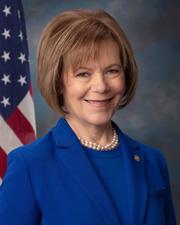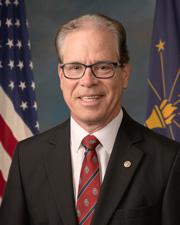0
Expanding Access to Low-Cost Generics Act of 2023
2/6/2024, 7:24 AM
Summary of Bill S 1114
The key provisions of the bill include:
1. Allowing the Food and Drug Administration (FDA) to prioritize the review and approval of generic drug applications that could help lower drug prices and increase competition in the market. 2. Providing incentives for drug manufacturers to develop and produce generic medications by offering grants and other financial support. 3. Requiring drug manufacturers to provide more transparency in their pricing practices, including disclosing the costs of research and development, production, and marketing for each generic drug. 4. Encouraging the use of biosimilar medications, which are lower-cost alternatives to brand-name biologic drugs, by streamlining the approval process and promoting competition in the biologics market. Overall, the Expanding Access to Low-Cost Generics Act of 2023 aims to address the rising costs of prescription medications by promoting competition and increasing access to affordable generic and biosimilar drugs for consumers. The bill has received bipartisan support in Congress and is currently under review in the Senate Health, Education, Labor, and Pensions Committee.
Congressional Summary of S 1114
Expanding Access to Low-Cost Generics Act of 2023
This bill modifies provisions related to market exclusivity for a generic drug.
Currently, the Food and Drug Administration (FDA) awards 180 days of exclusivity on the market to a first applicant to file a qualifying application for market approval of a generic drug. Generally, this exclusivity period begins upon a first applicant's commercial marketing of the drug.
The bill authorizes the FDA to approve a subsequent generic drug application prior to a first applicant's first date of commercial marketing if (1) the subsequent application is ready for full approval, (2) the applicant certifies that there are no conditions that would prevent commercial marketing of the drug within 75 days of approval and that the applicant intends to do so, (3) a first applicant's application has been pending for at least 33 months, (4) the approval of a first applicant's application is not precluded by patent infringement claims asserted against that first applicant, and (5) no first applicant's application has been effectively approved on the date that all such conditions are met.
If an applicant fails to begin commercially marketing their drug within 75 days of approval via the aforementioned process, the applicant's approval is deemed tentative and the applicant is no longer eligible for subsequent approvals, unless the applicant certifies that the failure was due to unforeseen issues that have since been resolved.
Additionally, the FDA must inform generic drug applicants, upon request or during review, whether the drug is qualitatively and quantitatively the same as the listed brand-name drug (and if not, the reasons why).

